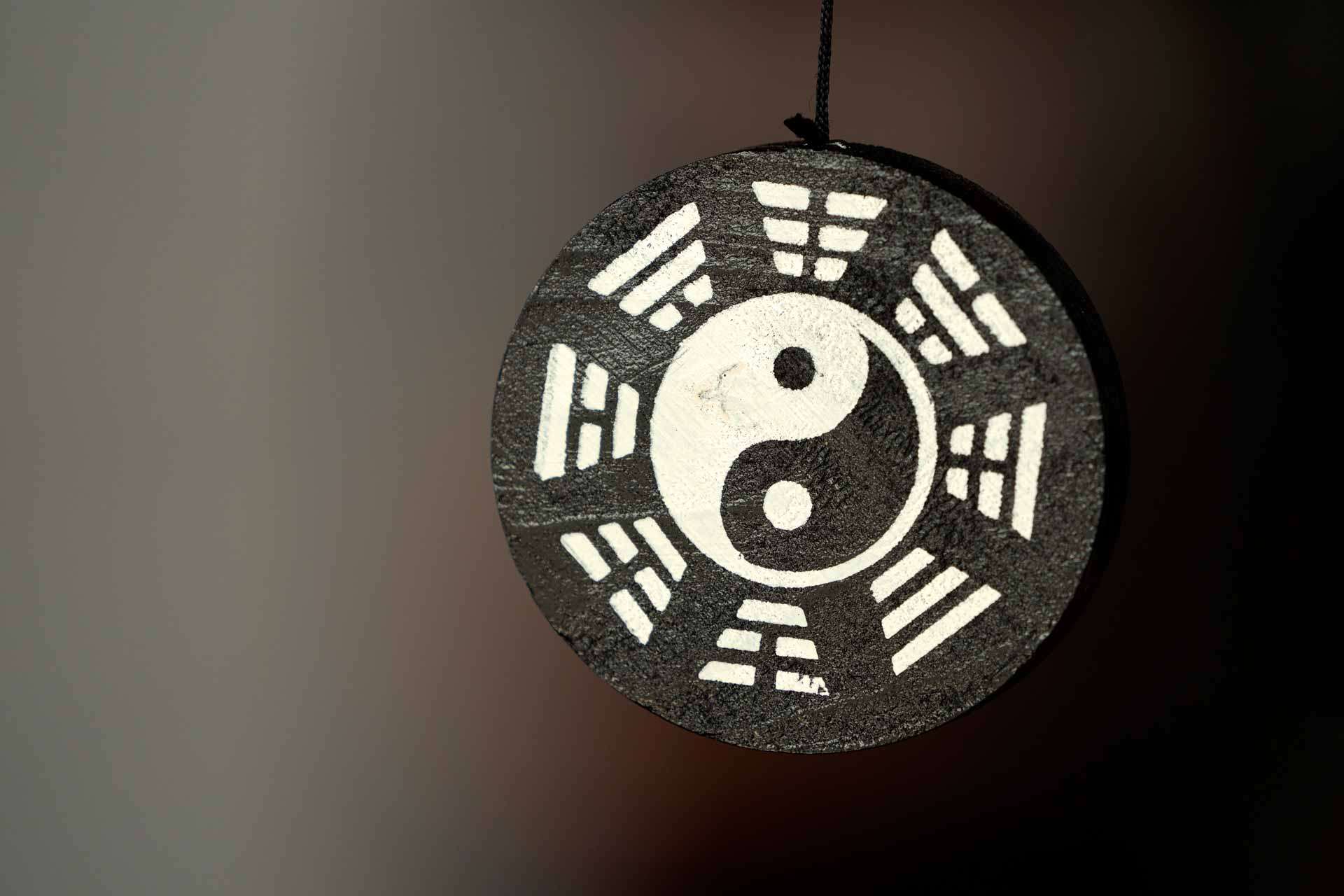The I Ching (易经), also known as the Book of Changes, is one of the oldest and most influential Chinese classical texts. It is both a philosophical work and a divination system, composed of 64 hexagrams (each made of six broken or unbroken lines) that represent various patterns and situations in life. Each hexagram is associated with symbolic imagery, commentary, and guidance.
Feng Shui (风水), literally meaning “Wind and Water,” is an ancient Chinese practice that studies how the environment—natural and built—affects energy flow (Qi) and influences human well-being, fortune, and destiny. It involves the analysis of directions, landforms, spatial arrangement, and timing to harmonize people with their surroundings.
Daoist Cultivation (道家修行) refers to a set of spiritual, physical, and mental practices aimed at achieving harmony with the Dao (道)—the natural, eternal way of the universe. These practices include meditation (静坐), breathwork (调息), energy refinement (内丹术), movement exercises like Qigong and Tai Chi, and ethical self-discipline.



